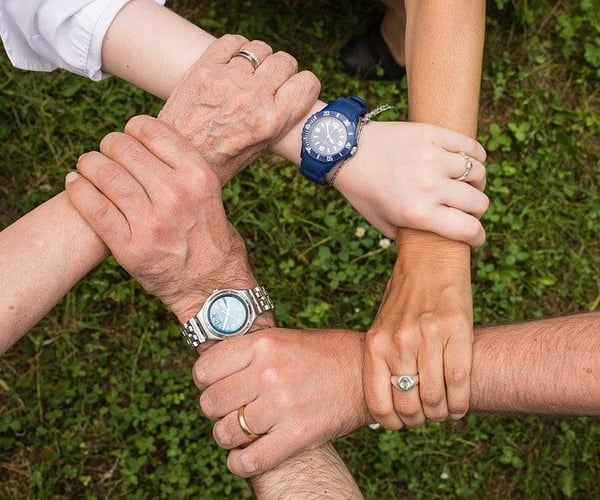
Step One of Alcoholics Anonymous tells me that I am powerless over alcohol when I drink it. Step One of Al-Anon tells me that I am powerless over alcohol when other people drink it, or when other people want to drink it. Both treatment programs, and The Retreat (which is not a treatment program) are powerless over alcohol and addiction when the people in them want to drink.
Tradition Three of Alcoholics Anonymous states: “The only requirement for A.A. membership is a desire to stop drinking.” That desire to stop drinking, or stop drugging, is the one thing that treatment, or The Retreat, cannot give someone. They have to come up with their own desire. Here’s where treatment and The Retreat differ.
Clinical treatment programs accept people with no desire to recover, and then try to break down their denial so that they will develop the desire to stop drinking and drugging. The Retreat addresses the question of desire in the pre-registration process. The Retreat is a community of recovering people, and a residential Big Book study. It only admits people who can express for themselves an acceptance that they are alcoholic or addicted, and a willingness to do an abstinence based Twelve Step recovery program.
Many people leave clinical treatment or The Retreat with a desire to stop drinking or drugging, but addiction is a brain disease, and a disease that is characterized by relapse. Without an ongoing program of recovery like A.A., relapse is natural. Without a strong A.A. program, relapse becomes more likely than not.
At this point, the disease is more powerful than the addict or alcoholic, and more powerful than those who want to help. A pattern can develop of drinking and/or drugging 10 months a year, interrupted by one or two treatment episodes. When the person is very sick, and very desperate, they go to treatment or return to The Retreat. When their life situation is terrible, they interrupt the downward spiral with 30 days in a recovery setting.
The person has learned the language of recovery. They are comfortable at The Retreat or in treatment. They are safely detoxed from drugs. They are able to sleep and eat well. Their bodies begin to heal. Their minds begin to clear. They get better. However, when the program staff suggest further treatment or a sober house beyond that 30 days, they recoil, as from a hot flame. What has happened here?
The disease of addiction is so powerful that it has absorbed treatment, even good treatment or The Retreat into the addiction process. The addict has returned not to get well, not to get clean and sober, but to become less sick. They have returned only to “raise their bottom” and not die, so they can resume their drinking or drugging lifestyle at a higher level.
The individual does not think this. They think “This time it will be different” but they are not doing anything different. They may return to The Retreat for a second or third time, but they sleep late in the morning, and they fail to fully participate in Retreat programming. When they skip out on Retreat programming, they tell themselves “I’ve heard this all already.” They have heard all this already, but they have never done all this, and they are not doing it now.
The solution, and the escape from this cycle of increasing sickness is found in the Big Book chapter “How It Works”: “If you have decided you want what we have and are willing to go to any length to get it—then you are ready to take certain steps.”
To get well and stay well, we all need to take all Twelve Steps with the guidance of a mature sponsor who is also taking these steps. We need to take direction and take correction from successful alcoholics and addicts who are committed to our well-being in a community of recovering people. We need to go to any lengths to be clean, sober, and free.





